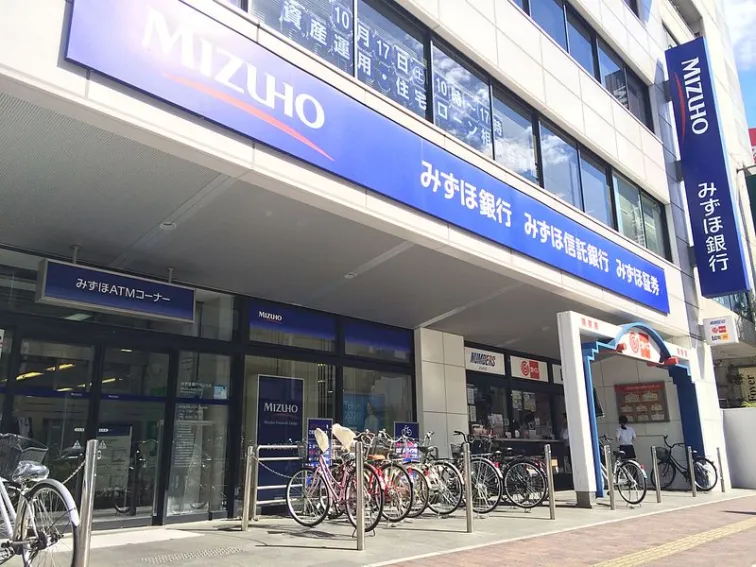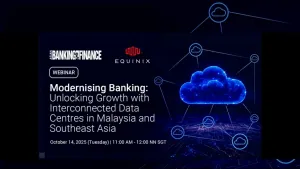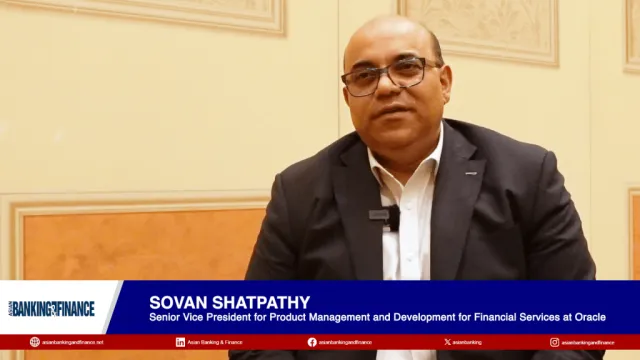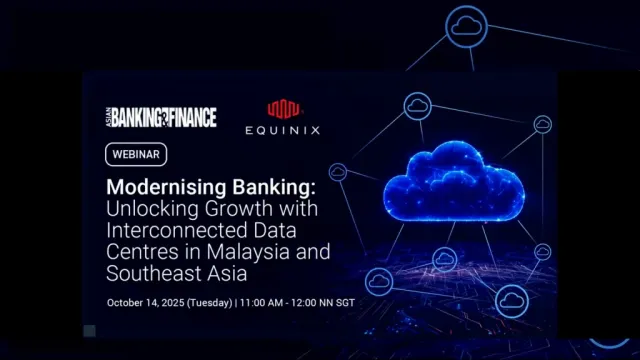
What could drag the Japanese banks' strengthening capitalisation?
It's a continued shift toward assets with higher risk weights.
Japanese banks’ capital ratios will remain largely stable in the next 12-18 months. According to Moody's Investors Service, their capitalisation has been gradually strengthening in recent years. Weak loan growth means that even a low level of profitability has been sufficient to modestly push up capital ratios.
Here's more from Moody's:
The systemwide ratio of tangible common equity (TCE) to risk-weighted assets (RWAs) declined in fiscal 2014 because we increased the risk weight of Japanese government bonds (JGBs) to 20% from zero following our December 2014 downgrade of the sovereign securities' rating. (Banks continue to apply a zero risk weight to JGBs, as they do to deposits at the BOJ.)
One drag on the system's capitalisation is a continued shift toward assets with higher risk weights from JGBs and deposits at the BOJ. Central bank deposits and most JGBs now have negative or zero rates, making it difficult for Japanese banks to generate a profit from their long-running strategy of investing excess deposits in JGBs or increasing excess reserves at the BOJ.
However, for the megabanks, large unrealised gains on securities — which amounted to ¥1.9 trillion to ¥3.2 trillion at end-March 2017, equivalent to 24-26% of their common equity Tier 1 (CET1) ratios — support their capital metrics. Japanese banks book these gains as other comprehensive income, which are included in the calculation of regulatory capital.
Stocks make up the bulk of unrealised securities gains at the megabanks. The three institutions have been trimming their long-term equity cross-holdings under plans to sell them over five years from late 2015.
By so doing, they have reduced RWAs, which has helped them improve their CET1 ratios in recent years. At the same time, the realisation of unrealised gains included in capital reduces the portion of capital sensitive to changes in market prices. Hence, by unlocking unrealised gains, the megabanks can ultimately improve the quality of their capital and make it less volatile.



















 Advertise
Advertise












